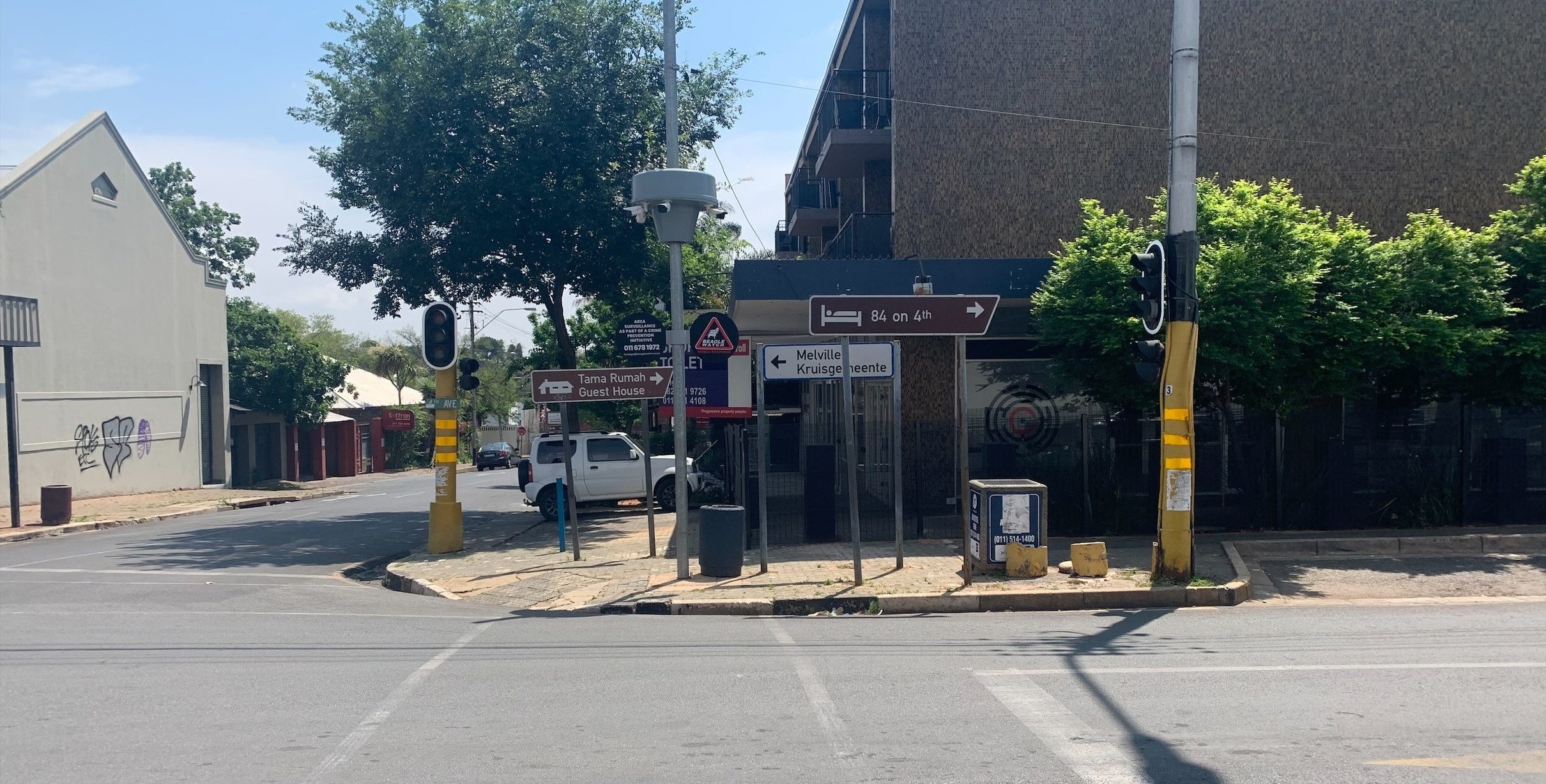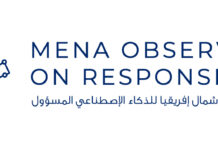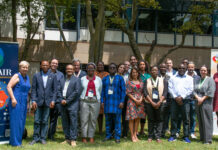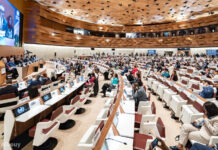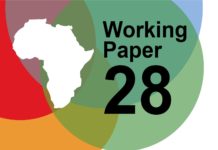Covid-19 has not just altered everyday life but has also upended modes of doing research. This especially applies to qualitative research that has traditionally involved face-to-face meetings with participants. Safety concerns, especially the need to protect both the researcher and participants, has made such interviewing nearly or completely impossible. As an Open AIR QES-AS Fellow, this has affected my own experiences in conducting research during the pandemic. It has also brought to light the differences between doing research in developing country contexts, versus more industrialized countries.
Qualitative Research and Online Methods
An important aspect of qualitative research involves naturalistic inquiry or the studying of groups in their natural settings. Merrian states that qualitative researchers are interested in understanding the meanings people have constructed (i.e. how people make sense of the world and the experiences that they undergo in their daily lives). Parkinson and Drislane argue that the main focus of qualitative research is using methods such as participant observation, interaction with subjects, and case studies which result in a narrative, descriptive account of a setting or process. This implies that qualitative research is a situated activity that involves the observer (in this case the researcher) in the real world. This mode of gaining information, however, has been significantly impacted by the Covid-19 pandemic. Dodds and Hess opine that to ensure the intricacies, nuances, and insights of real-world experiences and insights relating to qualitative research, there is need to adopt innovative methods and technologies to conduct local level research during the pandemic. To adopt qualitative research to these changing times, most research that has traditionally relied on face-to-face data collection has had to pause or go online.

Shifting qualitative research to online methods has come with significant consequences though. In Africa, there is a large digital divide in the form of lack of digital access and digital literacy. This shift to online-only research has thereby led to problems of ensuring inclusivity and representation in the type and form of data being collected and used. Many researchers have adopted online platforms like Google Forms, Zoom, and Microsoft Teams, among others, to collect their data, in addition to email and telephone interviews. The digital divide, however, means that there will often be significant bias in the data collected, especially where participants in the research are those who do not have knowledge in the use of, or are unable to access, these digital platforms.
Although such limitations may exist, Dodds and Hess argue that it is possible to leverage benefits from the shift to online research platforms. Such benefits may include easier recruitment of participants, the ability to interact with participants from the comfort of their own environments, and potentially less stressful levels of engagement. Dodd and Hess also observe that online interviews using platforms (such as Zoom and Teams) can result in the reduction of social anxiety, which has long been associated with face-to-face data collection methods. This especially applies to aspects that are related to group interviews, where participants may feel more comfortable and relaxed because the online platforms may be deemed as safer and less intrusive. Interestingly, Dodds and Hess found that online data collection generated shorter and more immediate responses from participants that was more detailed than face-to-face interview methods.
My Own Experience

My QES-AS study, entitled Digitalisation and inclusivity: an examination of Small, Medium and Macro Enterprises (MSMEs) in South Africa, examines the innovative processes that MSMEs are adopting to conduct novel businesses using digital technologies in South Africa. My study participants are informal entrepreneurs operating from Melville, Johannesburg, who use digital marketing for their goods and services.
I had initially planned to begin my research at the end of March 2020. That month, the world began being gripped by rising numbers of cases of people infected and succumbing to Covid-19. On March 26th, South Africa announced a hard lockdown. During this period, I was not able to carry out the fieldwork I had planned, especially the identifying of participants for inclusion in my research. All I could do was refine my literature review and continue constructing my study questionnaire. It wasn’t until September 2020 that South Africa moved to lockdown level 1, allowing me to be able to go out, identify, and interact with my study participants. Unfortunately, in December 2020, the country experienced a surge in Covid-19 infections and was moved back to higher lockdown levels.
These lockdowns obviously had a significant effect on my research methodology and data collection; interactions with my study participants were greatly affected. The restrictions meant that I could not carry out a naturalistic fieldwork approach- where one observes participants working in their natural settings. Even though my study focuses on informal SME operators who are adopting digital methods in their businesses, meeting them was a challenge because they would normally have congregated in Melville to utilise the free Wi-Fi available in the area. Such gatherings were obviously not possible, resulting in many of them having minimal internet access. During the initial lockdown, I managed to talk to one of the participants who appeared to be the informal leader of the group. This participant had introduced me to the group so as to enable me to sit with them and observe their operations. When I tried to recruit online participants using google forms or online questionnaires, most, including the one who had introduced me to the group, flatly refused. Their reason was that they did not have enough data, nor did they have the skills or willingness to fill out the online forms. Some of them explicitly informed me that their businesses had been affected by the lockdown and hence were no longer able to dedicate the time to contribute to my study. It wasn’t until the end of February 2021, when most restrictions were lifted, that I was able to collect information using a field questionnaire and participant observation.
Time, Precarity, and Effort Needed to Take Part in Online Surveys
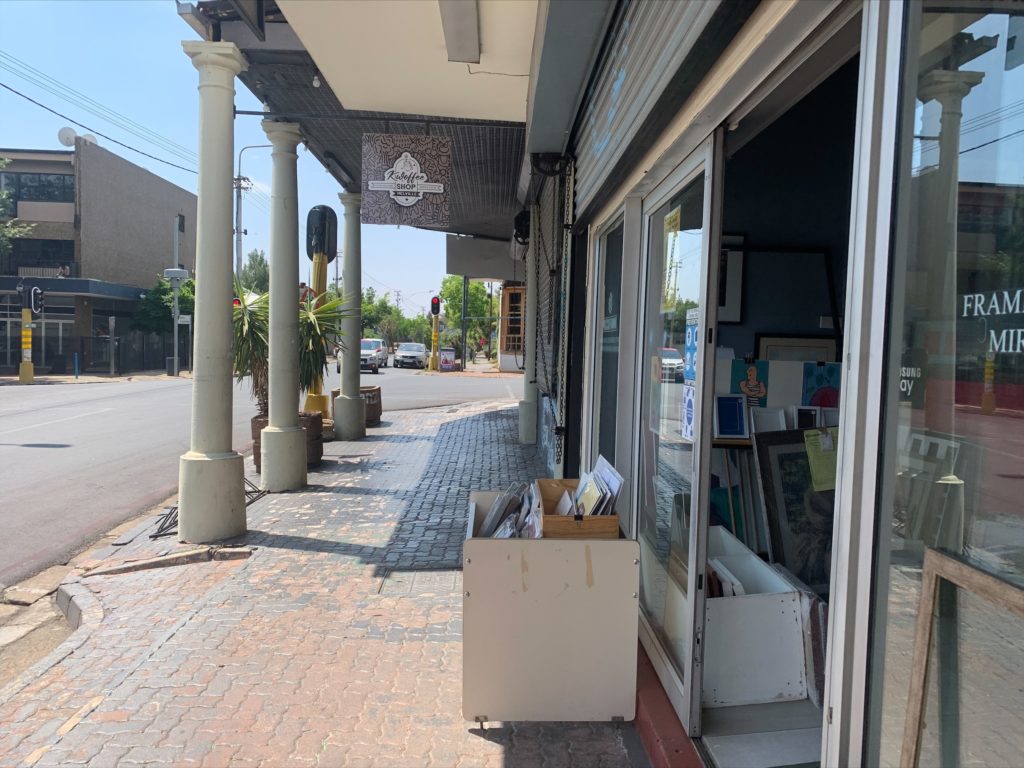
The fact that my participants were not able to access data and their indication that they did not feel they had the needed knowledge to participate in my study, shows that online research in Africa continues to face issues. My experience disproves Dodd and Hess’ contention that Covid-19, and the resultant switch to online data collection methods, are effective as a form of qualitative research. The reluctance to take part in online interviews by the participants, while they had initially allowed me to sit with them and observe their operations, can be attributed to the fact that taking time and effort to fill out the questionnaires can be burdensome to some. This is due to the precarious nature of small informal businesses in Africa. Observing my participants in their daily work was a minimal constraint on their time and effort, with nearly no impact on their being able to conduct their business. Online surveys and interviews, on the other hand, mean that my participants would not be able to do their work and fill in the questionnaires at the same time. Most small-scale business in Africa operate on the margins of profitability and bankruptcy. Hence online research methodologies may actually increase their stress, more than face-to-face research would. Research carried out online, post-covid, in developing country contexts, needs to be cognizant of this fact!

